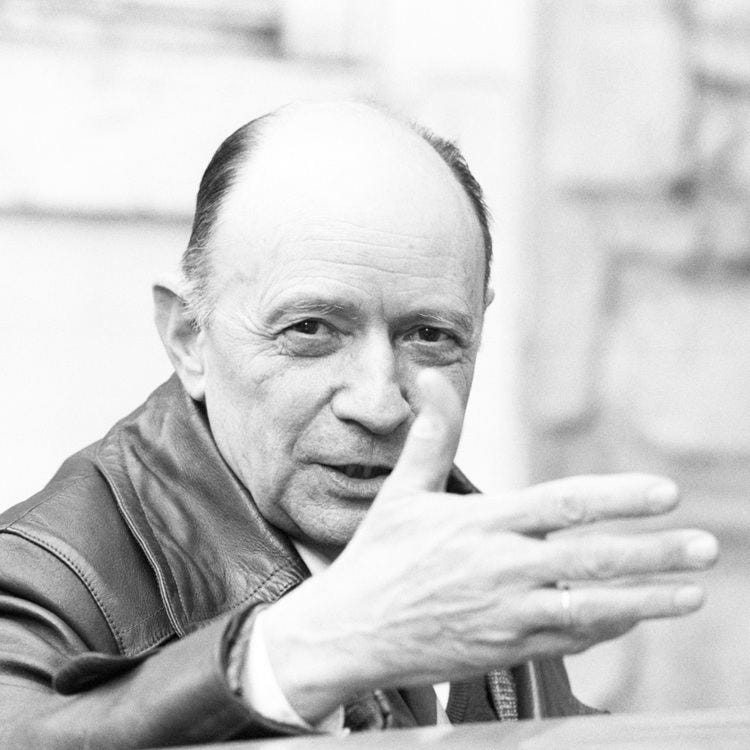“May we see your philosophy of teaching?” It is not an infrequent request in today’s world of education. It is a relevant question with all the ebb and flow of methods and means in teaching and learning. Well, then. What is it? There is more to the question than we can cover in an introduction to an article. So, we will avoid the etymological ancestry from places like Columbia Teacher’s College and keep it simple. Yet, even acknowledging and working with the phrase “philosophy of teaching” means conceding the otherwise unwanted influence of a less-than-friendly system to Christianity. And yet—and yet—there is something here to redeem. If for no other reason, a requirement to write out one’s understanding of teaching and learning, of education, in general, requires thought, reflection, and self-evaluation. And that is a very good thing indeed.
"Philosophy" is derived from the Greek "philosophia" (φιλοσοφία), meaning "the love of wisdom." A teaching philosophy is not just a dedication to a particular method; it is fundamentally a dedication to the love of learning.
Interested readers, students, and educators can locate and download Michael A. Milton’s Philosophy of Teaching Statement at the following academic sites:
Milton, Michael A. “Philosophy of Teaching 2024 by Michael A. Milton”. ResearchGate. 2024.https://www.researchgate.net/publication/381791562_A_Philosophy_of_Teaching_and_Education
Milton, Michael A. “Philosophy of Teaching 2024 by Michael A. Milton”. Figshare, June 27, 2024. https://doi.org/10.6084/m9.figshare.26117941.v1.
Alternatively, one may download the philosophy of teaching in its booklet form here. You can download it and think about preparing your philosophy of teaching by answering these questions:
What are the essential First Things in your approach to teaching and education? What features of your teaching approach are most necessary?
How do you measure the effectiveness of your teaching? What are the Standards you adhere to?
What other vital matters in teaching do you want to address (I chose technology)?
A Summary of “A Philosophy of Teaching” by Michael Anthony Milton (2024)
From ResearchGate:
In “A Philosophy of Teaching and Education,” Dr. Michael A. Milton, PhD, weaves a tapestry of educational principles, integrating the rich fabric of Christian faith with the craft of pedagogy. Dr. Milton's vision is methodically unfurled in a series of chapters that explore essential teaching elements: “First Principles,” the “One Sacred Moment,” the “Dialogical Principle,” the “Relational Principle,” the “Incarnate Means,” and the “Golden Goal.” His philosophy champions a relational and dialogical method of instruction, embedded in a theological framework that seeks to engender deep, transformative learning experiences.
Drawing from classical and theological wells, Milton’s perspective is shaped by Aristotle’s seminal ideas in “Physics” and enriched by the thoughts of Parker J. Palmer and Martin Buber. He envisions education as a holistic endeavor that not only imparts knowledge but also nurtures the soul, spurring personal growth and fostering a lifelong passion for learning. At its core, Milton’s approach is profoundly incarnational, emphasizing the authentic presence of the educator and a deep respect for the student’s unique journey.
This white paper underscores an educational process that transcends mere information transfer, aiming instead at guiding students toward self-discovery and a profound comprehension of their place in the world. Dr. Milton’s philosophy is ultimately about creating a learning environment that glorifies God, promotes human flourishing, and contributes to the healing of creation.







